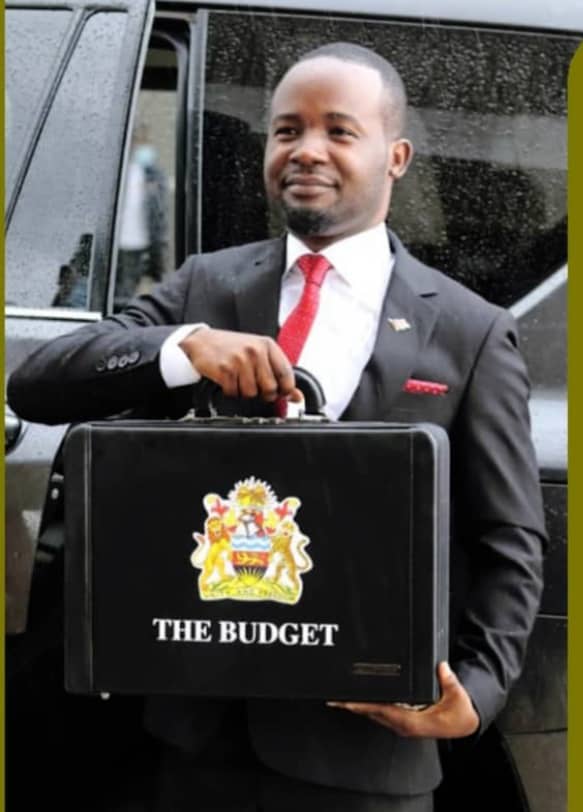By Lovemore Khomo

On Thursday, National Assembly authorised government through Ministry of Finance to borrow K105 billion for initiation of Salima-Lilongwe water project through Bill Number 9 of 2023.
When presentating the bill, Minister of Finance Sosten Gwengwe said it seeks to authorize borrowing the amount from NBS Bank Plc and National Bank of Malawi Plc.
Gwengwe told the house that the funds will help to finance the abstraction and treatment of water from Lake Malawi at Lifuwu in Salima and transportation of the treated water through a 112 kilometre transmission pipeline to Lilongwe City under the Lake Malawi Water Supply Project.
He adds, “Government of Malawi has selected the Lake Malawi Water Supply Project as a flagship project for implementation to cover the water supply gap in the city of Lilongwe and the surrounding areas. The Project has been designed to meet the water supply requirements for Lilongwe City, surrounding areas and town centres along the m14 Lilongwe – Salima Road (Salima Town, mvera, Dowa Turn Off and Chezi).”
“Therefore the objectives of the Project are to provide potable water supply for the districts of Lilongwe, Salima and Dowa. The project benefits include improved reliable potable water supply due to the new and improved water supply infrastructure and improved health due to better quality of water consumed,” explained Gwengwe.
Finance Minister retariates that the project will increase direct and indirect employment during and post construction, and improved living standards due to realized economic gains.
In his response to the bill, DPP spokesperson on Finance, hon. Ralph Jooma supported the bill citing it will improve water situations in Lilongwe City and surrounding areas. He gave an example of being one of the tourist attraction area, as such needs to be a good place to live.
Jooma said, “Being capital city every one comes here to seek job opportunities and business, so this project will really important for the country.”
“We also raised an issue if this money will cover the whole project, but we got a response from Minister that this will only cover 30% of the Project,” said Jooma.
On the need for properly scrutiny of money bills, Jooma expressed concern over government’s behavior to bring bills in the house without looking referring the some bill to relevant Committees for further consideration.
“Before we authorise as members of Parliament we are suppose to look into it, whether to express satisfaction or not.” He observed



